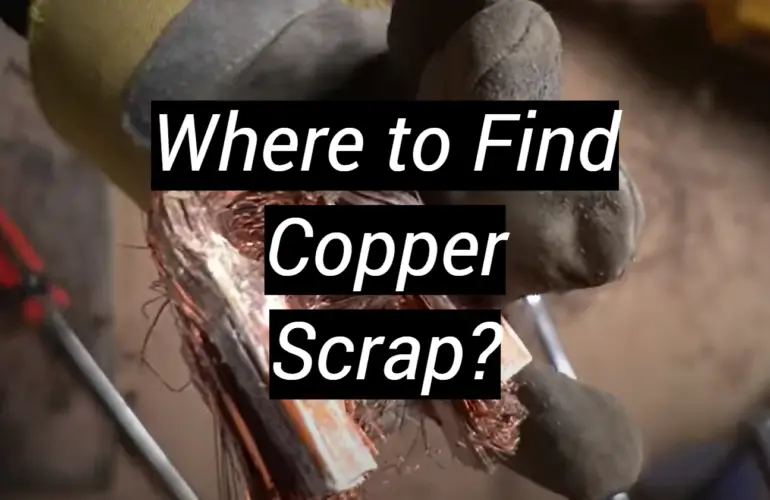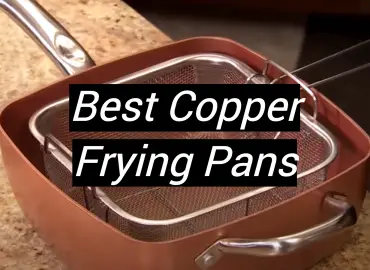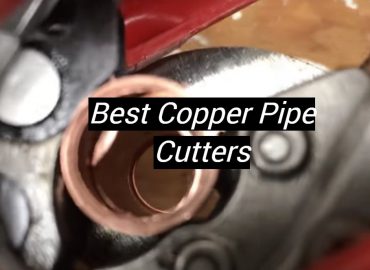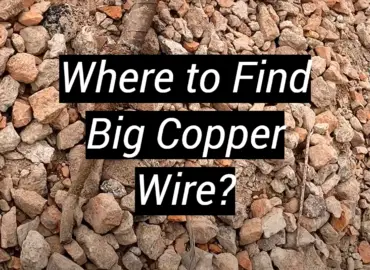Copper scrap can be found in a variety of places if you know where to look. Whether you’re an experienced recycler or just getting started, there are plenty of ways to find and acquire copper scrap. From searching online resources to visiting your local recycling center, the possibilities are almost endless. With the right approach, it’s easy to find what you need—so let’s get started on your copper scrap scavenger hunt!
Is copper a profitable business?
Yes, copper is a profitable business. The global copper market is expected to grow at a rate of US$298.4 billion by 2030, growing at a CAGR of 7.2% over the period 2022-2030, driven by increasing demand from construction and manufacturing industries for metal in various applications [1].
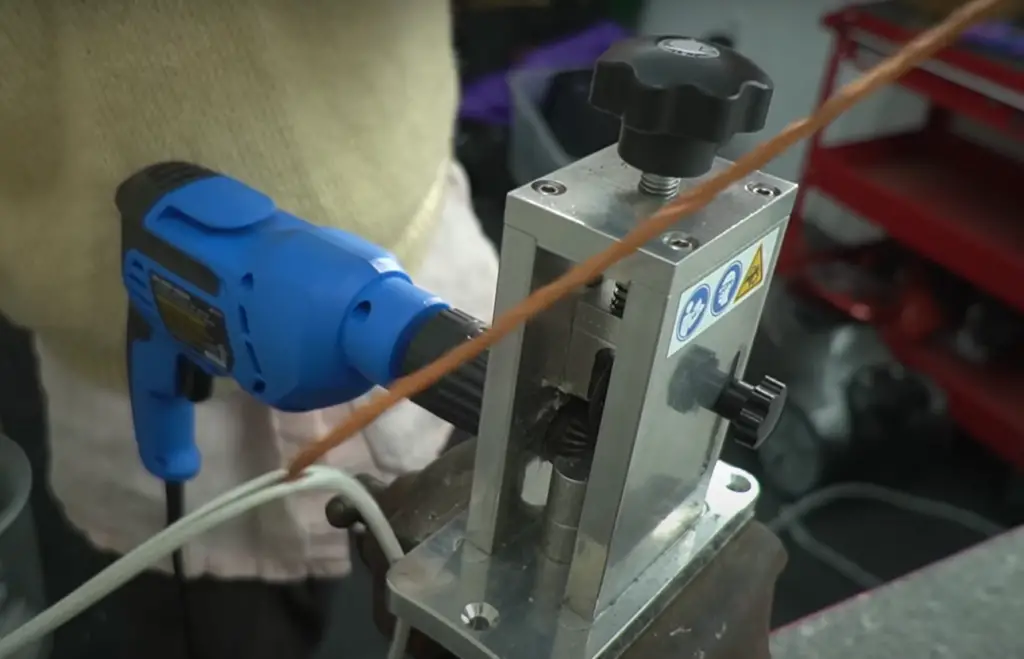
Copper also has significant potential as a renewable energy source, with its use as a conductor in photovoltaic cells becoming increasingly popular. Additionally, recycling and reuse processes are becoming more commonplace, providing additional opportunities for businesses to profit from scrap copper. With the right strategies and investments in place, businesses can capitalize on these growth prospects and benefit from lucrative returns over time.
Top 11 Places to Find Scrap Copper
Finding scrap copper can be a challenge, especially if you’re just getting started. To help you out, here are the eleven best places to look for scrap copper. From salvage yards and online marketplaces to the local recycling center, these are the top sources of copper for recyclers:
Remodeling/Demolition Sites
Remodeling and demolition sites are often great places to look for scrap copper. When renovating or demolishing a property, all sorts of materials can be salvaged and recycled. Copper pipes, wires, fixtures, and other items can be found at these sites if you know where to look.
With the right approach, however, it’s possible to find plenty of scrap copper on these sites.Scrap Yards and Salvage Yards
Scrap yards and salvage yards are excellent resources for finding scrap copper. Typically operated by metal recyclers, these facilities accept and process different types of metals for reuse. Copper can often be found in scrap yards, either as isolated pieces or as part of larger items.
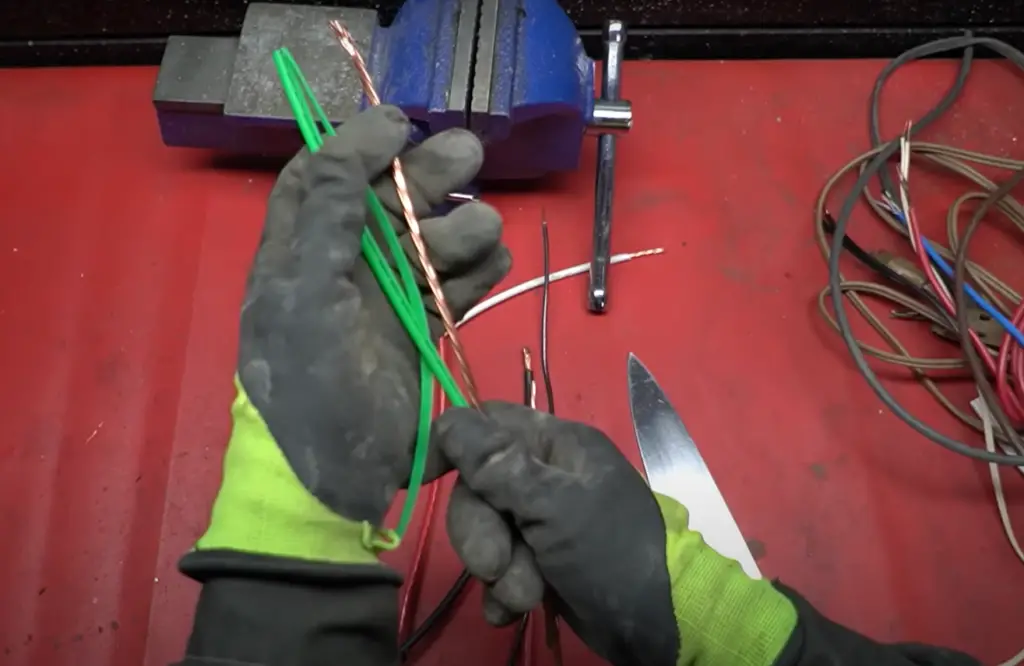
The prices offered at these locations will vary depending on the grade, quantity, and quality of the material being recycled. Be sure to do some research before bringing your material to a scrap yard—it’s important to understand what type of copper you’re dealing with and how much it is worth so that you don’t get taken advantage of.
Household Plumbing
The pipes and fixtures in your home can be a great source of scrap copper. Replace leaking or dated pipes with new ones, and consider recycling the old material instead of throwing it away. Copper plumbing is often easy to identify due to its distinctive color and texture.
Look for it around sinks, toilets, showerheads, and other parts of your house. It’s important to stay safe when dealing with potentially hazardous materials like lead-based solder. You should ensure you follow all safety precautions before handling the type of plumbing material.
Copper Statues & Décor
Copper statues and décor can be found in antique stores, flea markets, and other secondhand shops. Many of these items are made with pure copper or have a copper coating – check for signs of oxidation or discoloration to determine if the item is still valuable. If it looks like the item is still in good condition, you may be able to get some scrap copper from it. Be sure to research items before buying them – some pieces may be worth more than their scrap value!
Household Appliances
Household appliances are another great source of scrap copper. Many of these devices contain wiring and other components made with copper, such as washing machines, dryers, dishwashers, refrigerators, and air conditioners. Before taking apart appliances, be sure to unplug them and shut off the power supply. It will help ensure your safety while dealing with electrical components.
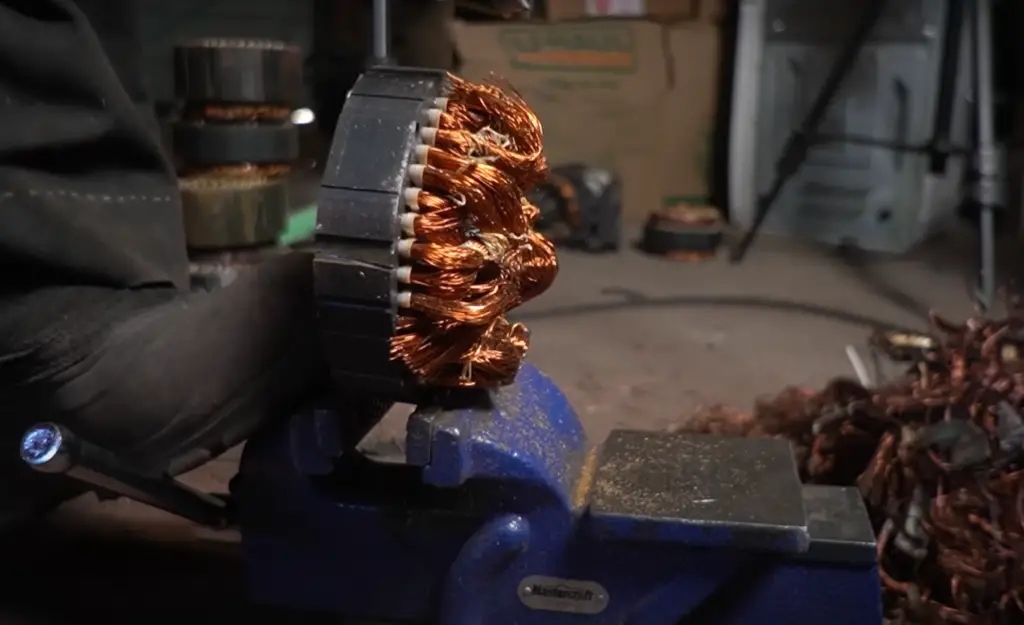
Once you’ve done that, carefully detach visible wiring or connections and check for markings indicating that it is made with copper. You may also want to check inside the device for additional copper scraps when possible. When in doubt about whether a component contains copper or not, feel free to consult an expert before going ahead and disassembling anything.
Roofing Copper
Roofing copper is a great source of scrap metal. The majority of roofs in the United States are made with some type of copper material, such as copper shingles, standing seam panels, or copper strips. Additionally, many buildings and homes have copper gutters and flashings due to their durability and corrosion resistance. Architectural copper is a great source of scrap metal because it calls out metal that is 99.9% pure and features a specific thickness [2].
As an added benefit to salvaging roofing materials, it helps conserve natural resources by reducing the amount of new materials needed for construction purposes. When taking apart roofing components, be sure to follow all safety instructions for working at height—roofs can be dangerous places, so make sure you use the right ladder and protective gear to avoid accidents.
Old Electronics
Old electronics are another common source of scrap copper. Many electronic devices, such as computers, cell phones, and televisions contain wiring and other components made with copper.
This is why you should recycle these materials instead of throwing them away. It will not only keep hazardous materials out of landfills but also help conserve resources by providing an alternate source for new products. When salvaging copper from electronics, however, be sure to take all necessary safety precautions. You should avoid direct contact with electrical parts when possible.
Computers
Computers are another great source of scrap copper. The majority of computers contain wiring and other components made with copper, such as motherboards, power supplies, graphics cards, and cables. Many external hard drives also contain copper coils that can be salvaged for reuse.
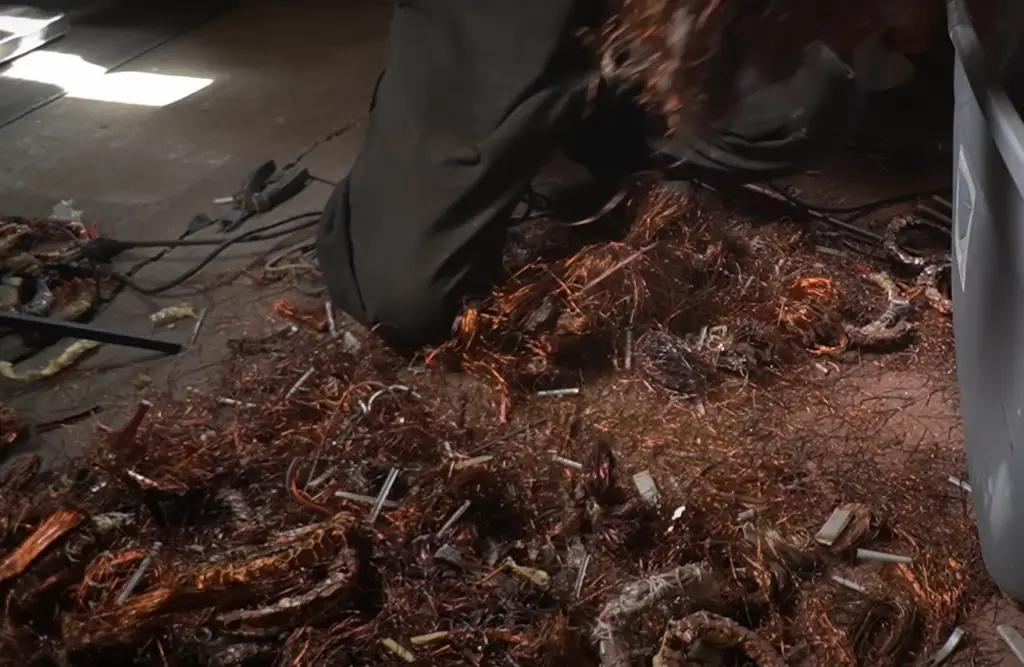
When taking apart computers or electronic devices, you should take all necessary safety precautions, and avoid direct contact with electrical parts when possible. Be sure to research the proper way to disassemble a device before attempting to do so. It will help ensure your safety and maximize the amount of scrap copper you can salvage from the electronics.
Kitchen Copper
Kitchen copper is a great source of scrap metal. Many kitchen items are made with pure copper, such as pots and pans, baking sheets, griddles, and other cookware. Additionally, many kitchen appliances also contain copper wiring and components, such as blenders, toasters, slow cookers, and coffee makers. The best part about salvaging kitchen copper is that it’s often easy to identify the material due to its distinctive color and texture.
Plus, you don’t need special tools or equipment to disassemble these items. All you need is some basic hand tools (screwdrivers, pliers) and a little patience. So next time you’re looking for scrap copper in your home, be sure to check out the kitchen first. You may just find some valuable items that can be recycled for cash.
Construction Projects
Construction projects are another great source of scrap copper. Many parts of a construction project can contain either pure or coated copper, such as wiring and plumbing fixtures. Copper is often used for roofing materials, flashings, and gutters due to its durability and corrosion-resistant properties.
Salvaging these materials can be quite lucrative considering how expensive new copper material can be. Before taking apart components, however, it’s important to follow all safety instructions for working at height (such as using the right ladder and protective gear). You should always be wise to research items before you buy them. Some pieces may be worth more than their scrap value.
Automotive Parts
Copper can also be found inside automotive parts and components, such as alternators, starters, radiators, and air conditioning systems. These items are easy to identify thanks to their distinctive color and texture –just make sure you keep track of the wires or connections you take apart.
Many cars and trucks have copper wiring throughout the vehicle –use a voltmeter or other tool to check these wires and make sure they are not still carrying electricity before attempting to remove them. As with automotive work, you must be aware of the safety guidelines in your area – ensure you understand all relevant laws before taking apart vehicles.
How much money can you make from copper?
The amount of money you can make from salvaging copper depends on several factors, including:
- The type of copper;
- The quality of the copper;
- Places it was sourced from;
- Relevant market prices.
As of today, the prices for scrap copper range from $1.35 to $3.10, but can vary depending on grade and location. On average, an individual can expect to make up to $30 – $50 for a small bag of scrap copper weighing about 20-50 pounds. Salvage yards often pay more for larger quantities. For example, an industrial recycling facility may pay upwards of $2 per pound for large shipments or batches [4].
With a little effort and research into local recycling markets, it is possible to make a good return on scrap copper. The amount of money you can make from salvaging copper depends on the time and effort you put into it. The more research and attention to detail, the better your returns will be.
What is the rate of 1 kg copper?
The current price of copper is estimated to be $8.68/KG [5].
How do I get the most out of my scrap copper?
If you are looking to get the most out of your scrap copper, there are a few key steps that you can take:
- You should source your copper from reputable places and be aware of current market prices. It will help ensure you get top dollar for your scrap metal;
- Ensure to properly identify all types of copper before salvaging. It will prevent misidentification or contamination of other metals;
- Always use proper safety precautions when working with scrap copper: make sure to wear protective gear such as gloves and goggles and avoid direct contact with electrical parts whenever possible.
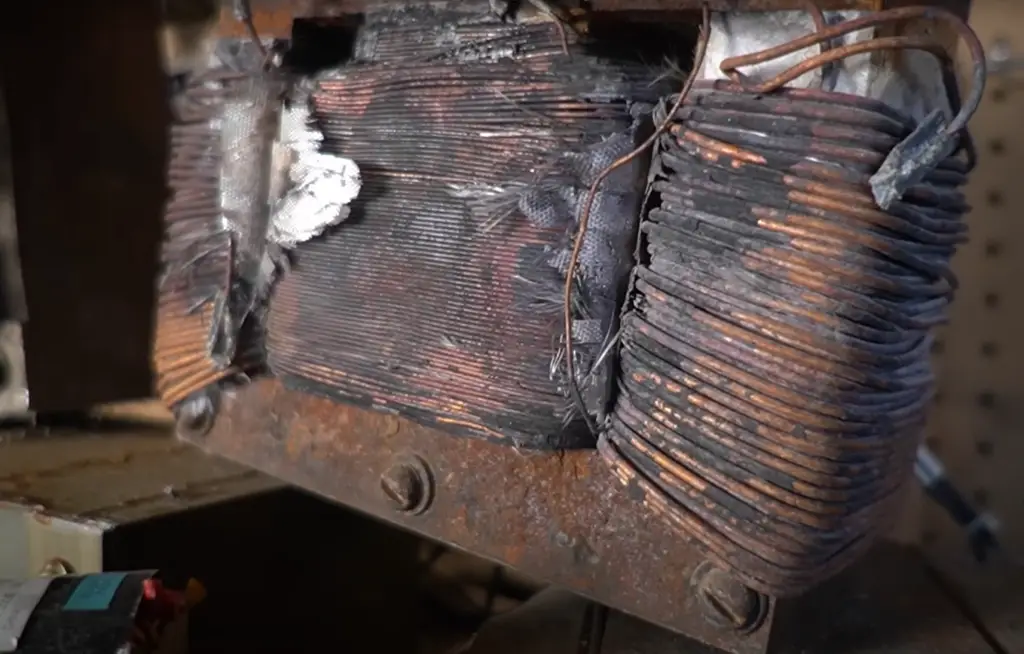
Following these steps can help maximize the amount of money you make from scrap copper.
Why can’t you scrap burnt copper?
Here are the primary reasons why you should not scrap-burn copper:
- Burnt copper has a reduced weight and volume, making it difficult to accurately weigh and measure for recycling;
- The burning process can cause damage to the copper’s molecular structure, making it less valuable in its recycled form;
- Burnt copper may contain toxic chemicals released by the burning process that are hazardous both to humans and the environment;
- Burning copper can release harmful particulates into the air, creating a health hazard for those working with scrap metal or living near a burning site;
- Scrap yards often require proof of origin when purchasing scrap metal – burnt copper is much harder to trace back to its source than non-burnt material. It makes it more difficult for scrap yards to confirm the legality of their purchase and can increase their liability. As a result, many scrap yards will not accept burnt copper as part of their recycling program;
- Avoiding burning copper will maximize the return on your scrap metal investment by ensuring the highest quality material is purchased and recycled.
FAQs
How long is 1kg of copper wire?
The length of 1kg of copper wire varies depending on the diameter and type of copper used. Generally speaking, a 1kg spool of standard gauge annealed single-stranded copper wire will measure approximately 183 meters (or 600 feet) in length. For other types or sizes, the length can vary significantly.
For example, larger diameters will yield shorter lengths while thinner wires may be longer. It is important to check specific manufacturers’ specs before purchasing the type of copper wiring for your project. Different grades of copper (such as oxygen-free high conductivity of OFHC) may have different measurements as well so it is always best to double-check before making purchases.
Where to find thick copper wire for scrap?
Thick copper wire for scrap can usually be found in old electrical appliances, cables, wires, and electronic components. Common examples include electric motors, air conditioners, radiators, washing machines, and circuit boards. It is often possible to find thick copper wire at construction sites or from demolition projects.
Which appliance has the most copper?
One of the appliances that has the most copper is an air conditioner. Air conditioners contain a large amount of copper in their wiring and other components, making them a valuable source of scrap metal. Other electrical appliances such as washing machines, electric motors, and circuit boards can also be good sources of copper wire. Many older homes have copper piping throughout their plumbing systems. They often contain large amounts of copper which can be salvaged and recycled.
Why is recycling copper difficult?
Recycling copper can be difficult because it is a non-renewable resource. Because of this, it is important to use as little new copper as possible to conserve its limited supplies. Recycling copper requires specialized equipment and knowledge, making it more difficult than other types of scrap metal recycling.
Copper must also be identified and separated from other metals before salvage, requiring extra time and effort on the part of recyclers.
Despite these challenges, recycling copper remains an important process for preserving our natural resources and helping reduce waste in our environment.Useful Video: 10 Best Places to Find Scrap Copper
Conclusion
Scrap copper is a valuable material that can be recycled and sold for money. To maximize your return on scrap copper, you should source your materials from reputable places and properly identify different types of copper before salvaging. Always use proper safety precautions when working with the material and remember never to burn copper wire. With the tips highlighted above, you will be sure to get the most out of your scrap metal investment.
References:
- https://www.globenewswire.com/news-release/2023/03/09/2623868/0/en/Global-Copper-Market-to-Reach-298-4-Billion-by-2030.html
- https://www.copper.org/publications/pub_list/pdf/A4039-ArchitecturalApplications.pdf
- https://www.epa.gov/international-cooperation/cleaning-electronic-waste-e-waste
- https://www.reliablerecyclingcenter.com/pricing/
- https://www.bankbazaar.com/commodity-price/copper-price.html

